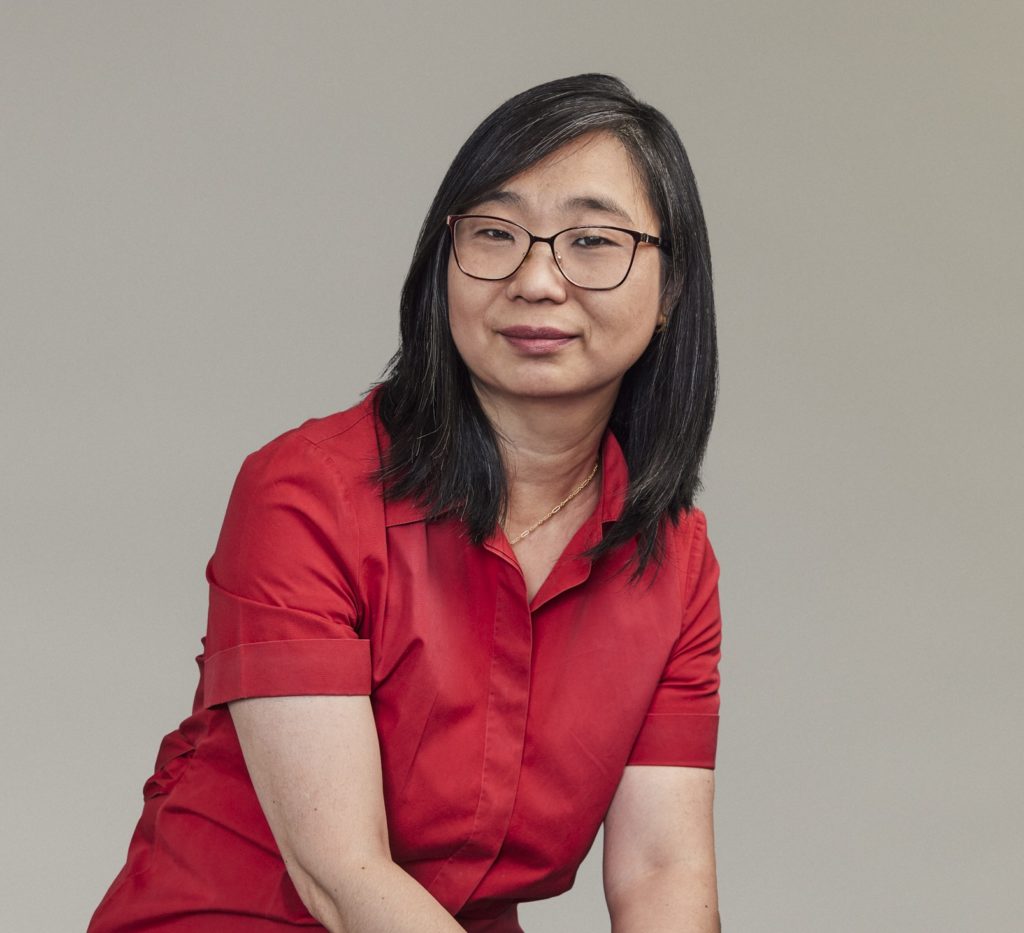

Earth and Space Science and Engineering
NSERC CREATE MTA Program Director
Regina Lee, PhD, P.Eng
Professor
Dr. Regina Lee is a Professor at the Department of Earth and Space Science and Engineering, York University, Toronto, Canada. Prof. Lee received her Ph.D. from the University of Toronto in 2000. It has been a focus of Prof. Lee’s research to develop a series of satellite technologies that will lead to scientific nanosatellite missions. Currently, she’s investigating several areas including MEMS based attitude sensors and actuators to incorporate their low-grade characteristics; and optical payloads including a star tracker for Resident Space Object (RSO) detection, identification and characterization with light curve analysis. To date, Dr. Lee has raised over $10M in independent funding, working with over 13 industry partners and trained over 90 HQPs. To find more about Dr. Lee's exciting research projects on MEMS based nanosatellites, please visit Nanosatellite Research Laboratory.
Currently, Dr. Lee serves as the director of York University Microfabrication Facility (YMF), which is the first comprehensive microfabrication facility in York University.
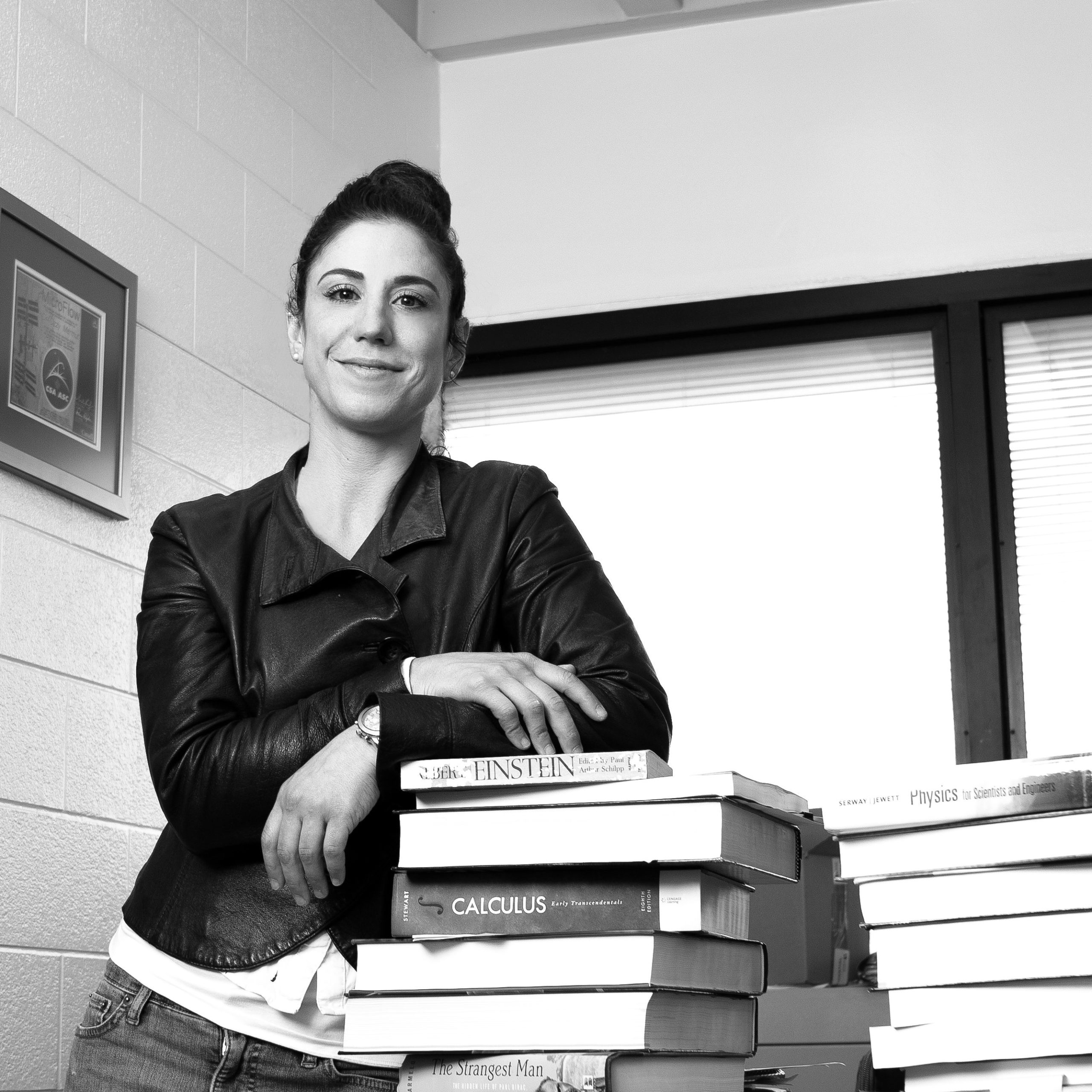

Biomedical Physics
Ozzy Mermut, PhD
Associate Professor
Enabled by integrated fiber optics, MiBAR is interested in creating translational medical devices aimed at transformative remote medicine applications. Developing for space, Microflow, a first ever lab-in-a-fiber-optic based flow cytometer for immunophenotyping white blood cells in the International Space Station, and collaborating with clinicians, cancer pathologists, neuro-vision scientists and chemists our aim is to develop photonic technologies towards improved health outcomes in age-related diseases and disorders-from early diagnostics, to personalized treatments, and high precision dosimetry. Creating new point-of-care optical technologies is further assisted by our recent developments of a versatile packaged, miniaturized ultra-fast silicon-PM photon counting detector for portable, fast, and ultra-sensitive light scattering and fluorescence based sensors for in field in vitro diagnostics.
For more on information on our biomedical physics and biophotonics engineering research visit MiBAR (Mermut integrated Biophotonics Applied Research Group).
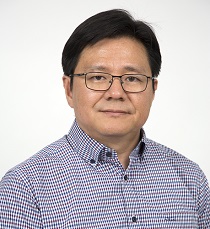

Mechanical and Manufacturing Engineering
Keekyoung Kim, PhD, P.Eng
Associate Professor
Dr. Keekyoung Kim is an Associate Professor in the Departments of Mechanical & Manufacturing Engineering and Biomedical Engineering at the Schulich School of Engineering, University of Calgary. He leads the Advanced Biofabrication Laboratory, focusing on 3D bioprinting, bio-nanomaterials, tissue engineering, regenerative medicine, and microphysiological systems. His interdisciplinary research integrates mechanical engineering, biomaterials science, and microfabrication techniques to develop innovative biofabrication platforms for medical and pharmaceutical applications.
Dr. Kim received his PhD in Mechanical Engineering from the University of Toronto, where he specialized in MEMS-based mechanical characterization of micrometer-sized biomaterials. Following his doctorate, he conducted postdoctoral research at Stanford University, Harvard Medical School, and Pennsylvania State University, contributing to advancements in microfluidics, biomaterials, and organ-on-a-chip technologies. Before joining the University of Calgary, he was a faculty member at the University of British Columbia Okanagan.
His work has been widely recognized, with numerous research grants, including funding from NSERC, CIHR, Alberta Innovates, and the Canada Foundation for Innovation (CFI). Dr. Kim has received several awards, including the Schulich School of Engineering Research Excellence Award and the Korean Federation of Science and Technology Societies Scientist of the Year Award. He has authored over 70 peer-reviewed journal articles and multiple book chapters and holds patents in MEMS and bioprinting technologies.
Dr. Kim is passionate about training the next generation of researchers, supervising numerous graduate and undergraduate students in cutting-edge biofabrication research. His contributions in organ-on-a-chip platforms, hybrid 3D bioprinting, and soft robotics for biomedical applications are shaping the future of personalized medicine and regenerative therapies.
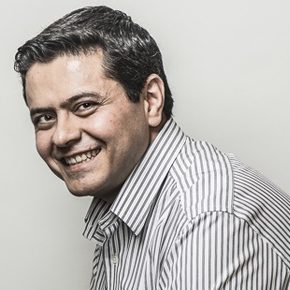

Mechanical Engineering
Pouya Rezai, PhD, P.Eng, FCSME, FEIC
Associate Professor, Graduate Program Director
Dr. Rezai obtained his BSc in Mechanical Engineering, MSc in Electrical Engineering (Microsystems Technology), and PhD in Mechanical Engineering (Bio-Microfluidics) in Iran, Sweden, and Canada, respectively. He was an NSERC Visiting Fellow at the Public Health Agency of Canada in Guelph, ON before starting his academic career at York University in 2013. Currently he is an Associate Professor and the director of the Advanced Center for Microfluidic Technology and Engineering (ACµTE) at Lassonde School of Engineering, York University in Toronto, ON, Canada.
Dr. Rezai’s research is in the field of microfluidics and Lab-on-Chips (LoC). His research has resulted in approximately $6.5M of external funding, training of 28 graduate and post-graduate students, filing of 3 patents (2 issued), and publication of 60 journal articles, 62 peer-reviewed international conference papers, and 7 book chapters. The research of Dr. Rezai and his group has been appraised by awards and recognitions including a 2019 Early Researcher Award, a 2021 IW Smith CSME Award, a 2021 President’s Emerging Research Leadership Award, and a 2022 CSME Fellow; and cover articles at Soft Matter, Lab-on-a-Chip, Colloids and Surfaces B, and ACS Omega journals. Dr. Rezai is an Editorial Board member of Nanotechnology for Environmental Eng. journal, an Associate Editor at Frontiers in Lab on a Chip Technologies journal, a Topic Editor of Biosensors and Fluids journals, and a Guest Editor of Micromachines Journal. He has delivered 25+ invited talks at scientific events nationally and internationally including delivering an annual lecture on microfluidics at the U of Toronto and an invited talk at the 3rd Microfluidics Congress in San Francisco, USA. He has developed collaborations with scientists and engineers in industry and academia including two ongoing international collaborations with investigators in China and Kuwait.
Dr. Rezai’s research interest is in fundamental understanding of interactions between fluids and nano- to micro-scale biological substances in their micro-environment habitats using biomimetic microfluidic devices and to employ this knowledge to devise microsystems for facilitating research and development in human health and safety applications. His group has developed (i) micro-electro-mechanical sensors and actuators to exploit composite functional polymers and nano-structures as sensing materials in LoC devices; (ii) LoC for quantitative investigation of sensory-motor responses of disease model organisms (e.g. D. melanogaster, C. elegans, and D. rerio) to various physical and chemical cues; and (iii) microfluidic platforms for multiplexed sorting and detection of microorganisms and biomarkers in fluidic samples (Point-of-Care and Point-of-Need Biosensors).


Electrical Engineering and Computer Science
Gerd Grau, PhD
Associate Professor
Dr. Gerd Grau is an Associate Professor of Electrical Engineering at York University and a graduate faculty member in Mechanical Engineering. He received his BA and MEng degrees in Engineering from the University of Cambridge and his PhD in Electrical Engineering from the University of California, Berkeley. He has extensive experience in microfabrication, especially of printed microelectronic devices such as transistors and sensors. His expertise spans the study of fundamental printing physics, the optimization of material properties through process innovations, and the integration of device process flows. At York University, his lab focuses on the integration of electronics in 3D structures such as 3D printed objects and carbon fiber composites using novel techniques such as printing and laser processing. His research is funded by NSERC, CIHR, Mitacs, York University, and industry collaboration.
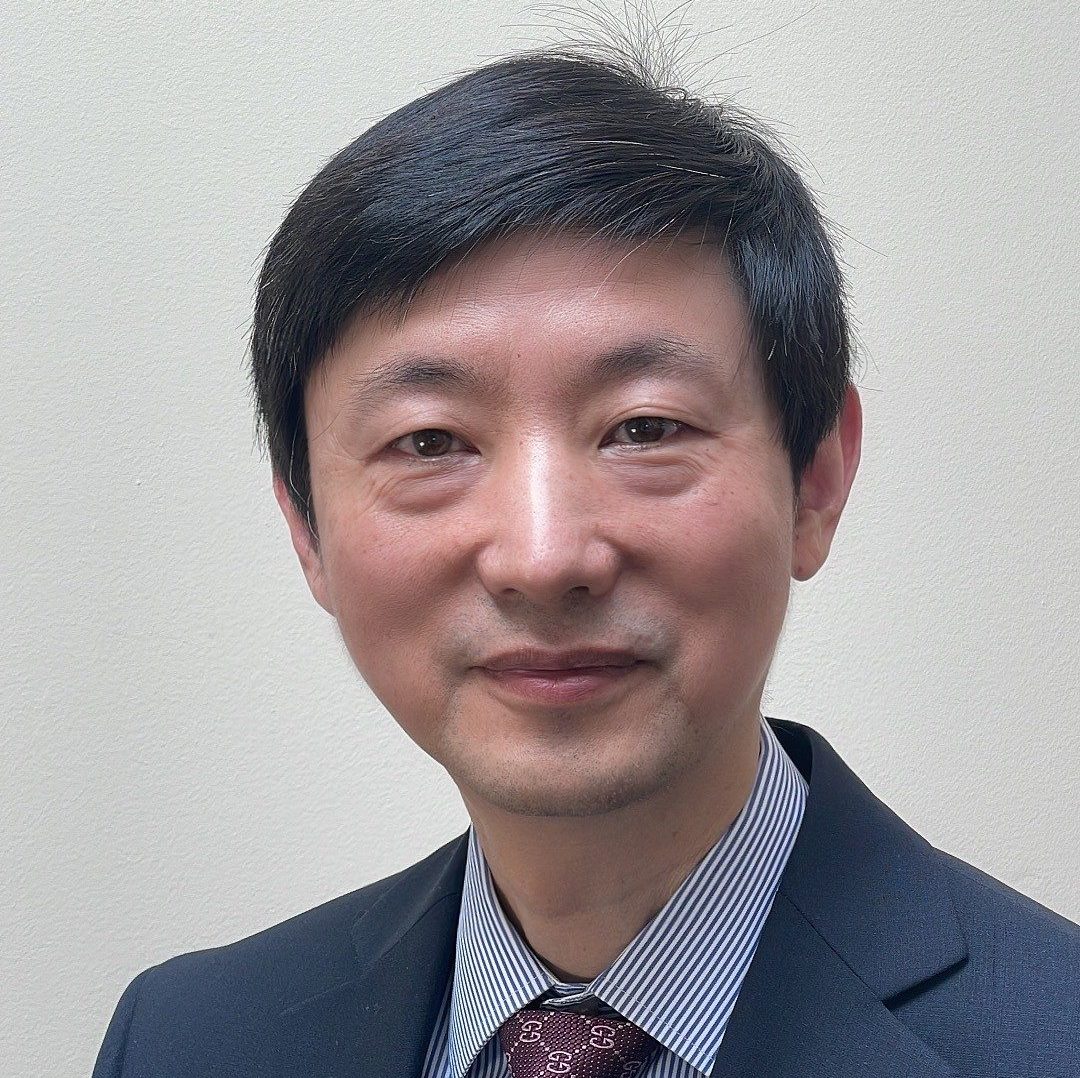

Electrical Engineering and Computer Science
Peter Lian, PhD, P.Eng, FCAE, FAES, FIEEE
Professor
Dr. Yong Lian received the B.Sc. degree from the College of Economics and Management, Shanghai Jiao Tong University in 1984, and the PhD degree from Department of Electrical Engineering of National University of Singapore (NUS) in 1994. His research is in the area of biomedical circuits and systems and signal processing, which attracted more than $25M in funding from various sources. He authored more than 300 papers and received many awards including IEEE Circuits and Systems Society’s Guillemin-Cauer Award, IEEE Communication Society Multimedia Communications Best Paper Award, the Institution of Engineers Singapore Prestigious Engineering Achievement Award, CN Yang Award in Science and Technology for New Immigrant (Singapore), Design Contest Award in ISLPED 2015. He trained more than 35 PhD students and 38 M.Eng (thesis based) students. Dr. Lian is a Member-at-Large of IEEE Publication Services and Products Board, Chair of IEEE Periodicals Partnership Opportunities Committee, members of IEEE Periodicals Committee and IEEE Products & Services Committee. He is the former Editor-in-Chief of IEEE Transactions on Circuits and Systems II and President of the IEEE Circuits and Systems Society.
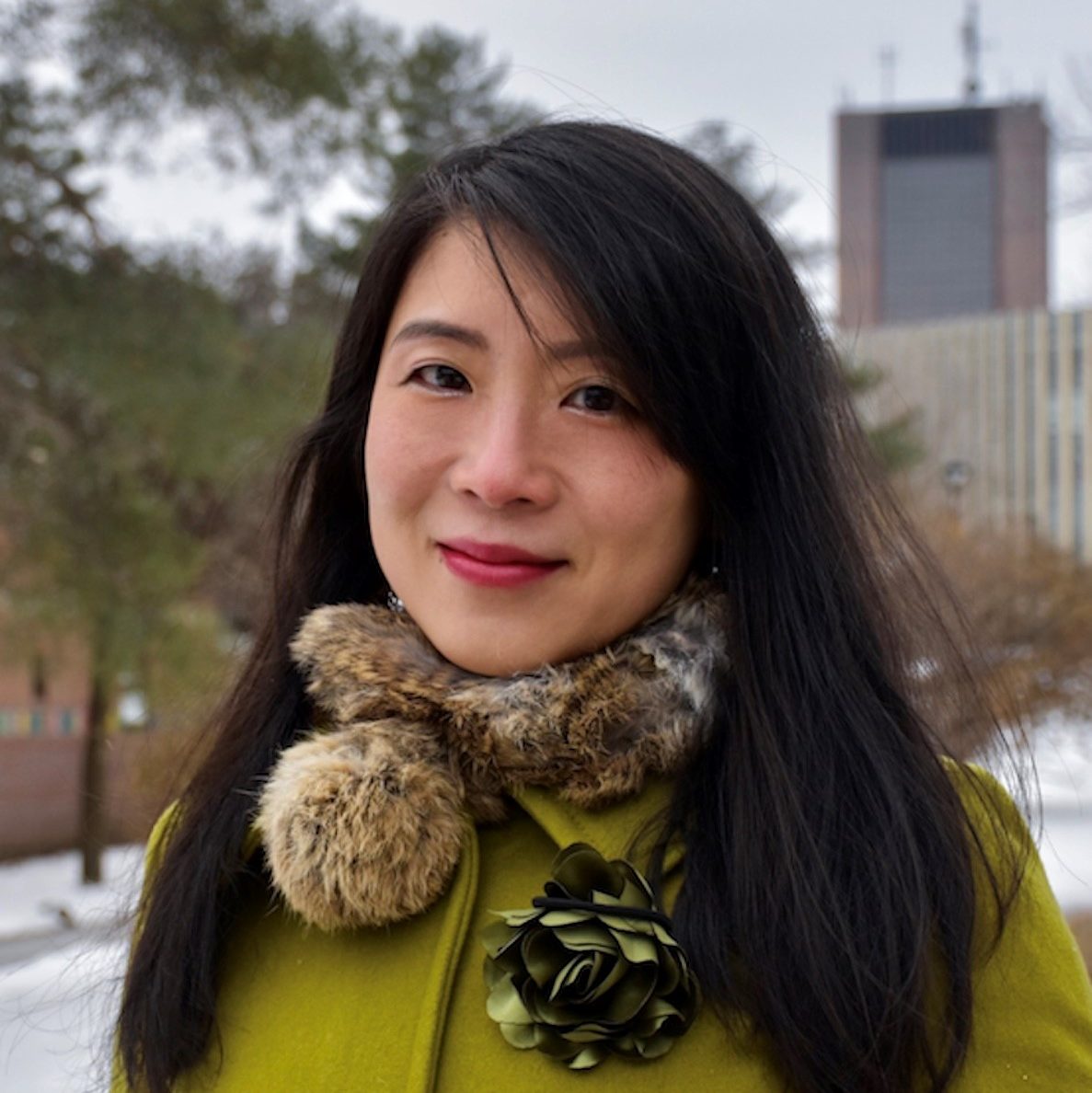

Department of Electronics
Winnie Ye, Ph.D., P.Eng, FEIC
Professor
Dr. Winnie Ye is a Professor in the Department of Electronics at Carleton University. She received her B.Eng. degree in Electrical Engineering from Carleton University, and her M.A.Sc. and Ph.D degree in Photonics from the University of Toronto and Carleton University, respectively. Dr. Ye's expertise is in silicon photonics and its applications in telecommunications, data communication, biophotonics, and renewable energy. She has extensive experience in the theoretical, fabrication and experimental work in silicon integrated devices and systems. Dr. Ye was a Canada Research Chair (Tier II) in Nano-scale IC Design for Reliable Opto-Electronics and Sensors from 2009 to 2021. Recently, she won the prestigious 2021 IEEE MGA Leadership Award, and the Partners In Research's 2020 Technology and Engineering Ambassador Award. She is also the recipient of the 2018 IEEE Women in Engineering (WIE) Inspiring Member Award, the 2018 Engineering Medal for Research and Development from the Ontario Professional Engineers (PEO), as well as the PEO Ottawa Chapter's 2018 Engineering Excellence Award. In September 2019, Dr. Ye became a Carleton University Teaching Fellow after receiving the Provost's Fellowship in Teaching Award.
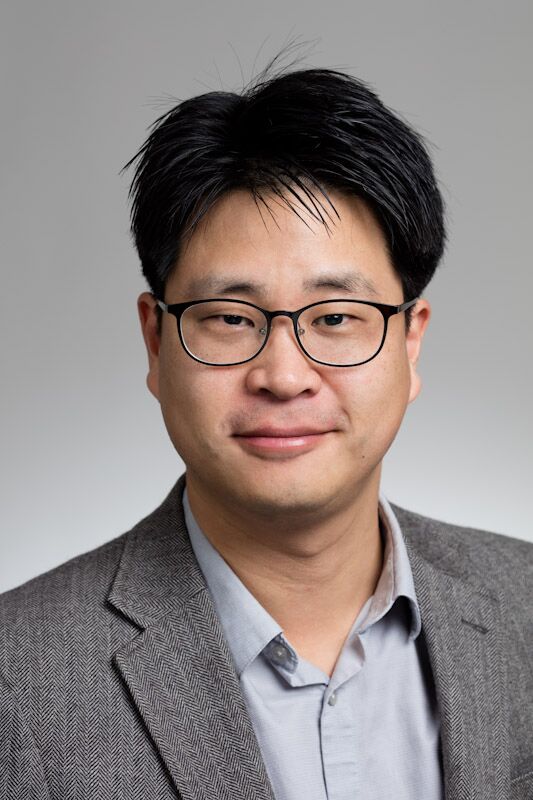

Electrical and Computer Engineering
Youngki Yoon, PhD, P.Eng
Associate Professor
Dr. Youngki Yoon is an Associate Professor in the Department of Electrical and Computer Engineering at the University of Waterloo. He received his B.E. degree in Metallurgical Engineering from Korea University in Seoul, Korea in 1999, followed by his M.S. and Ph.D. degrees in Electrical and Computer Engineering from the University of Florida in Gainesville, FL, USA in 2005 and 2008, respectively. He worked as a Postdoctoral Researcher at the University of California, Berkeley from 2009 to 2013. At the University of Waterloo, Dr. Yoon served as the Director of the Nanotechnology Engineering undergraduate program from 2018 to 2020. His area of research focuses on the modeling and simulation of emerging and exploratory devices. In recognition of his research contributions, Dr. Yoon has received several prestigious awards, including the Early Researcher Award from the Government of Ontario in 2018 and the WIN Research Leader Awards in 2018 and 2024. He served on the Institute of Electrical and Electronics Engineers (IEEE) Electron Devices Society (EDS) Technical Committee in Nanotechnology, a guest editor of IEEE Transactions on Electron Devices for a special issue on ‘2D Materials for Electronic, Optoelectronic and Sensor Devices’, and a guest editor of Materials Today Electronics for a special issue on ‘The Frontier 2D Materials for Advanced Electronic Devices’.
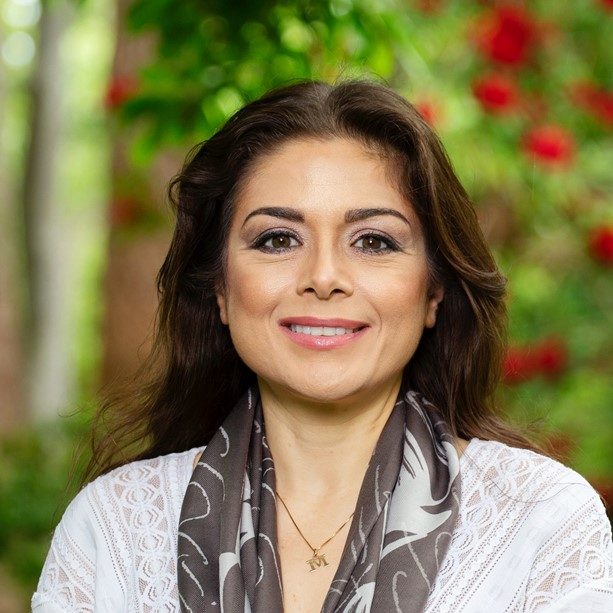

Mechanical Engineering
Mina Hoorfar, PhD, P.Eng
Professor
- Nanostructured microfluidic artificial olfaction for real-time gas monitoring
- Monitoring and Extraction of Hydrogen from Hydrogen Blended Natural Gas
- Breath analysis by nanostructured gas sensors for health and safety applications
- Micro/nanoscale mechanics and sensing materials for chemical and biological sensors
- Wearable microfluidic sensing for personal health monitoring/diagnostics
- Micro/nano-encapsulation for food and pharmaceutical applications
- Label-free microfluidic isolation and biosensing for health and environmental applications


Mechanical Engineering
Philip Ferguson, PhD, P.Eng
Associate Professor
Dr. Philip Ferguson holds a Masters and PhD from MIT in Aerospace Engineering. After
graduation, he developed attitude control systems for small space telescopes at Microsat
Systems Canada, eventually becoming the Engineering Manager. Dr. Ferguson then
worked on the RADARSat Constellation Mission at Magellan Aerospace, Winnipeg, eventually becoming the Engineering Manager for the electrical and software engineering teams. Later, Dr. Ferguson became the Vice President of Product Development at PrecisionHawk, where he led the drone engineering team. Dr.Ferguson currently holds the NSERC / Magellan Aerospace Industrial Research Chair in Satellite Engineering at the University of Manitoba. His research focuses on new spacecraft manufacturing and control technologies that can improve satellite reliability while reducing the cost and design times, thereby improving the accessibility of space.


Department of Electrical Engineering
Sylvain G. Cloutier, PhD
Professor
Dr. Cloutier has been a professor at École de technologie supérieure (ÉTS) since 2011. He specializes in nanotechnologies and optoelectronic materials and devices. After earning his Ph.D. at Brown University in 2006, he became a professor of Electrical and Computer Engineering at the University of Delaware before joining ÉTS. He has authored or co-authored over 70 published articles in international journals and presented findings at numerous conferences. In 2006, Sylvain G. Cloutier won the Outstanding Thesis Award from the Division of Engineering at Brown University. In 2009, he garnered the prestigious Young Faculty Award from the U.S. Defense Advanced Research Projects Agency.
